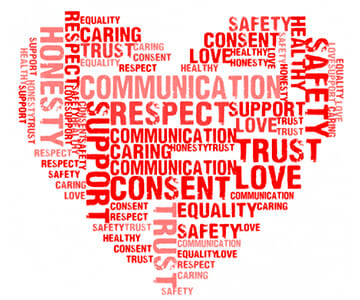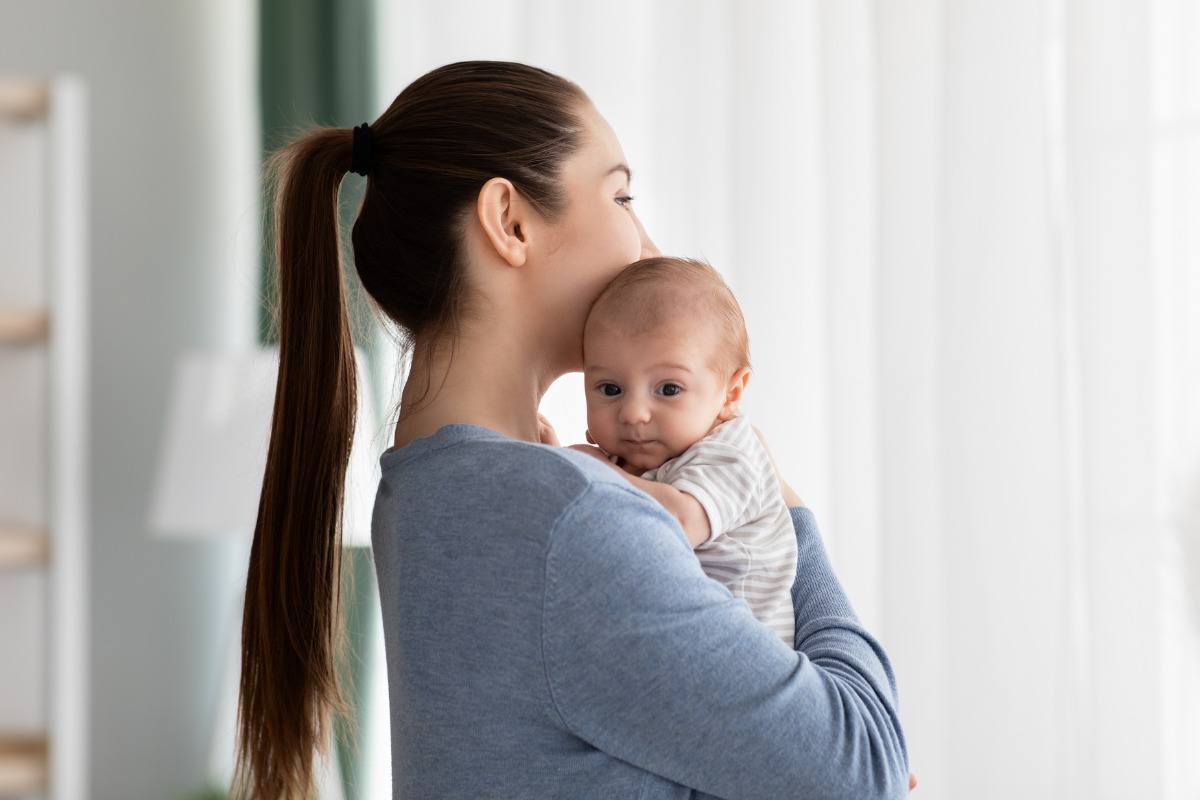
ISSUES AND ANSWERS ABOUT TEEN DATING VIOLENCE
In honor of February’s National Teen Dating Violence Awareness Month, our second prevention student mental health We Care Campaign video focused on bringing awareness to the dangers of teen dating violence. The We Care Campaign is a collaboration with the David Dawrence Center, National Alliance on Mental Illness, Collier County Sheriff’s Office and Collier County Public Schools that is committed to the health, happiness and wellbeing of our children. The collaboration is dedicated to addressing the complex needs and challenges of today’s youth. To assist us in the teen dating violence video, we partnered with the Shelter for Abused Women and Children to help us bring awareness around this critical issue.
Linda Oberhaus, Executive Director of The Shelter, shared, “Dating violence is any situation in which one partner purposefully causes emotional, physical or sexual harm to another.”
As teens develop emotionally, they are heavily influenced by experiences in their relationships. Healthy relationship behaviors can have a positive effect on a teen’s emotional development. Unhealthy, abusive, or violent relationships can have severe consequences and short- and long-term negative effects on a developing teen. Youth who experience dating violence are more likely to experience symptoms of depression and anxiety, engagement in unhealthy behaviors, such as tobacco and drug use, and alcohol, involvement in antisocial behaviors and thoughts about suicide.
Teens often think some behaviors, like teasing and name calling, are a “normal” part of a relationship. However, these behaviors can become abusive and develop into serious forms of violence. Several different words that are used to describe teen dating violence use words like; relationship abuse, intimate partner violence, relationship ship violence, dating abuse, domestic abuse, and domestic violence.
Many teens do not report dating violence because they are afraid to tell friends and family. 23% of females and 14% of males who ever experienced rape, physical violence, or stalking by an intimate partner, first experienced some form of partner violence between 11 and 17 years of age. A 2013 survey found approximately 10% of high school students reported physical victimization and 10% reported sexual victimization from a dating partner in the 12 months before they were surveyed.
Violence is related to a multitude of risk factors. Risks of having unhealthy relationships increase for teens who; believe that dating violence is acceptable. Are depressed, anxious, or have other symptoms of trauma, display aggression towards peers or display other aggressive behaviors, use drugs or illegal substances, engage in early sexual activity and have multiple sexual partners, having a friend involved in dating violence, have conflicts with a partner, and witness or experience violence in the home.
Oberhaus adds, “Many parents believe they would know if their child was in a violent relationship, but statistics show that 75% were unaware that their teen had been physically hurt by a dating partner and only 33% of teens suffering such abuse ever talked to anyone about what was happening to them.”
The overall and underlying message in the We Care Campaign is simple…if you or someone you know is experiencing dating violence or any other issue that may be effecting their wellbeing, tell someone. Any of our We Care partner agencies can help. Call David Lawrence Centers at (239) 491-7602 and we can help guide you to the help, resources and information you need.
Mar 01, 2016 | Mental Health



